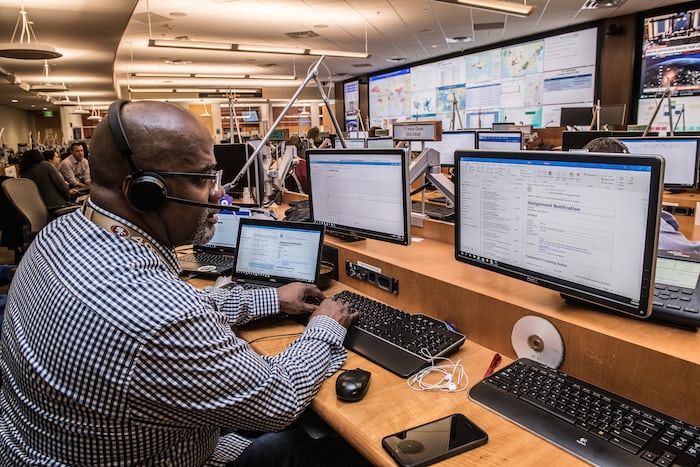A report from the 2022–2023 Africa PR and Communications report reveals most African PR professionals see artificial intelligence as the technology to transform their work over the next decade. AI is already assisting with media monitoring, sentiment analysis and fake news detection.
But how exactly is AI impacting Africa’s PR industry right now? And what role will it play in future? TechCabal asked practitioners across the continent for their views.
At pan-African consultancy Allison+Partners, consultant David Idagu utilises AI tools for core tasks like media relations and crisis management. For Idagu, AI engines like ChatGPT boost efficiency by automating rote work. This frees up more time for the high-level strategic thinking clients really pay for.
However, he notes AI still requires extensive human editing and oversight to suit objectives. “No matter what you get from these tools, you need to tweak it to your narrative. There’s still lots of human input needed,” Idagu points out.
Initially, sceptical, Nigerian PR agency NoFilterPR’s CEO Victoria Crandall now appreciates AI’s potential benefits. Collaborating with international peers revealed how AI can streamline processes and enhance productivity.
But Crandall believes foundational PR skills like media relationships remain uniquely human. “Mastering a client’s business, knowing which stories suit each publication – I don’t see how AI replaces building relationships.”
At Rwanda-based agency, KGL FWD, founder Autumn Marie has tested ChatGPT and Brandwatch for writing and monitoring. She advocates better AI training for PR professionals to maximise opportunities and minimise fears.
Marie foresees AI translation tools utilising African data enabling both pan-continental and hyperlocal communications. “As we build more of our own tools with culturally relevant data, we can accurately translate into more African languages.”
Johannesburg reputation firm Magna Carta applies AI for monitoring, databases and crisis simulation. Deputy MD Mary Gearing believes AI can free professionals to focus on strategy, creativity and execution.
While AI may never replicate human emotional intelligence for relationships and trust, Gearing sees it as an idea generator. “AI can ignite creativity and critical thinking, leading to more captivating, purpose-led campaigns.”
These insider perspectives highlight AI’s present benefits, like supercharging productivity through automating repetitive tasks. But all agree human skills remain essential for strategic oversight, relationships and creativity.
Rather than replacing professionals, careful AI adoption could augment human capabilities. With the right training and development, practitioners can be empowered by AI as a tool, not threatened.
But for Africa to truly leverage AI, developing local tools and data is key, according to experts like Autumn Marie. Only then can AI be effectively directed to address the continent’s unique needs and opportunities.
The message is clear: while AI will undoubtedly disrupt African PR, human judgment, relationships, and creativity will stay central to success. If harnessed ethically, AI can enhance PR professionals’ capabilities to help shape the industry’s future.





